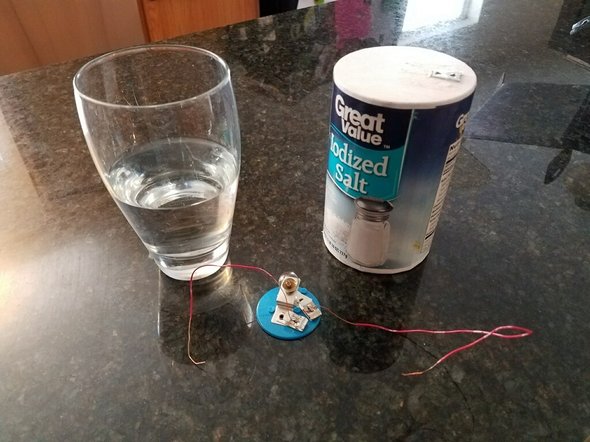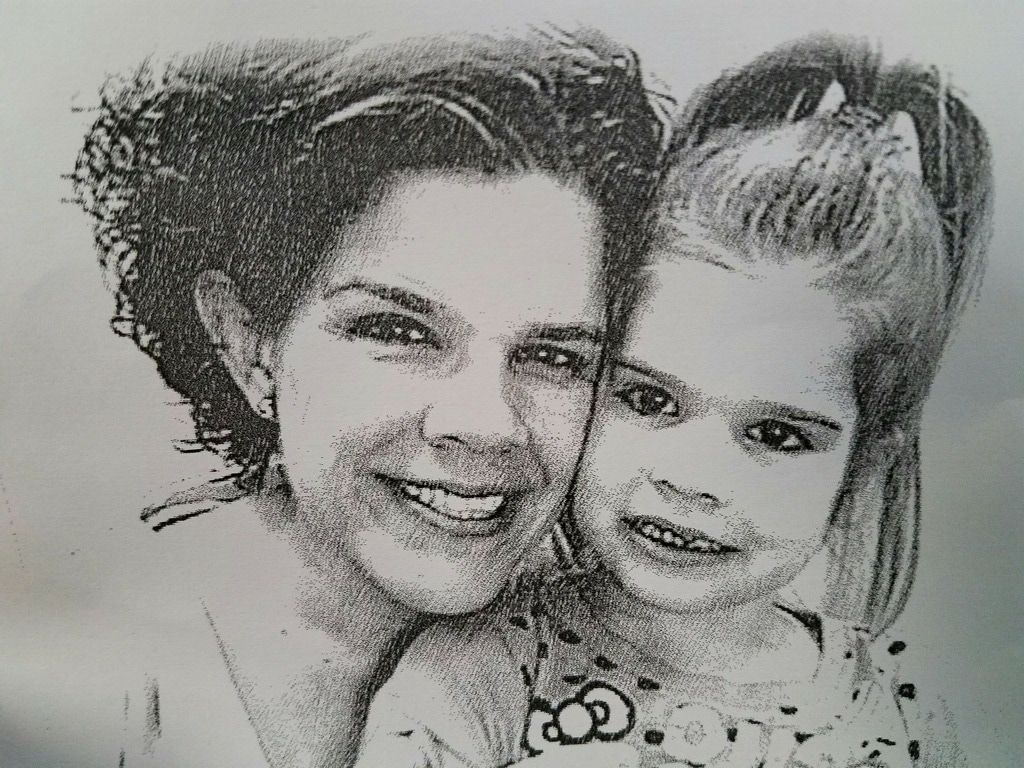 Lately we have been studying the story of Esther and a question came up. Did Esther lie? Mordecai told her to not let anyone know that she was a Jew, but did she lie about it? If someone asked her if she was a Jew did she avoid the question? Or did she just do a great job of convincing everyone that she wasn’t Jewish. Is that lying? Is deliberately leading someone to believe something that is not true, even if you don’t say anything, a lie? Well, we can’t know for sure about Esther since it doesn’t say in the Bible, but how about something more modern? I’m going to give you a completely hypothetical situation that could happen in any of our homes at any time and see what you think. Let’s pretend that you are a homeschooling mom. That shouldn’t be too hard to imagine, since if you’re reading this homeschooling blog you are most likely a homeschooler. Let’s also pretend that you are not very good at science. That could be harder for some of you. For the sake of this story let’s imagine that when you attempt to do science experiments with your kids it never turns out the way the directions say. Let’s say (now remember, this is a hypothetical situation) that almost every science experiment you have tried has failed, from trying to make a cloud in a bottle to making a colored water thermometer. Your fail rate is so high that your kids always sigh and say “Another failed experiment!” like it’s what they’ve come to expect. Now, in this totally imaginary situation, let’s pretend that you come to a great experiment on the electrical conductivity of salt water. You’re excited! This one seems pretty fool proof. Finally you can show your kids how science is supposed to work! You even have all the items you need to do the experiment. You carefully screw the light bulb into the little round device. You strip an inch of plastic off the ends of the three wires. You clip two of the wires into the bulb thingy and hook up one end to a battery and the third wire to the other end of the battery. Then, you demonstrate how touching the two free wires together makes the light bulb turn on. Success! Your kids, whose interest has been wandering as they roll their eyes and say “Another failed experiment, Mom,” (“No, it’s not!” you yell. “I’m not finished yet!”), are suddenly refocused. You use the moment to talk about how salt in the water helps conduct electricity and remind them about the electrical eels you taught about the previous day. Then, you take a cup of water and put the two tips of the wires into the water. Of course, the light bulb doesn’t light up. “Why not?” you ask your class, pleased that, for once, everything is going as planned. “It doesn’t have salt in it!” they answer, making your heart swell with pride that they were actually listening when you thought they were just poking each other and fighting about who got to sit closest to you on the couch while you were reading the science lesson. Now, it’s time to wrap up the experiment. You pour salt into the cup and reinsert the wires. The light bulb is supposed to light up, showing how salt water conducts electricity better than fresh water. Nothing happens. You pour more salt into the cup. Still no light. The kids are starting to snicker again and repeat their favorite phrase, “another failed experiment!” You are getting desperate. (Let me remind you again, this is a hypothetical situation. I’ve just got a very detailed imagination.) You pour in more salt. The water is now more solid than liquid. Still no light. You are really losing them. For the rest of their lives they are going to believe that science doesn’t work. You have to do something! Now we come back to the original question. If you lead someone to think something that isn’t true, without actually saying anything, is it still a lie? Remember, you are desperate. You really need this experiment to work. The fate of your children’s entire education is resting on this one moment in time. So, what do you do? Well, what if (still hypothetical), out of sight of your children, you touch the two ends of the wire together under the water? The light bulb turns on! “See, kids?” you cheer. “The salt water conducts the electricity better than the fresh, allowing the light bulb to turn on!” You touch the wires together under the water a few more times and they all marvel at the joy of science. Their education has been saved! So, was it actually a lie? You didn’t say anything that wasn’t true. Salt water is supposed to conduct electricity better than fresh. At least, that was what is said in your science book. Was it your fault that the experiment didn’t work? You knew how it was supposed to work, and you just helped it along a bit. Plus, you were getting tired of your kids saying, “another failed experiment.” I’ll leave the question to you. What would you have done? And please remember, hypothetical situations can also be real, so if I’ve led you to believe that this is a made-up story, well, did I really tell a lie?
1 Comment
|
Erin Evans
You know that family that shows up to church in the 15 passenger van? The one that homeschools? Ever wondered how they make it through the day or wished you could be a fly on the wall of their house? Well, I'm inviting you in. I'm 36 and I ride herd on 8 children (oldest is 12), 3 cats, 2 bearded dragons, and one puppy. It's loud, chaotic, and imperfect. Welcome to Life in the Big House! Archives
November 2018
Categories
|


 RSS Feed
RSS Feed
